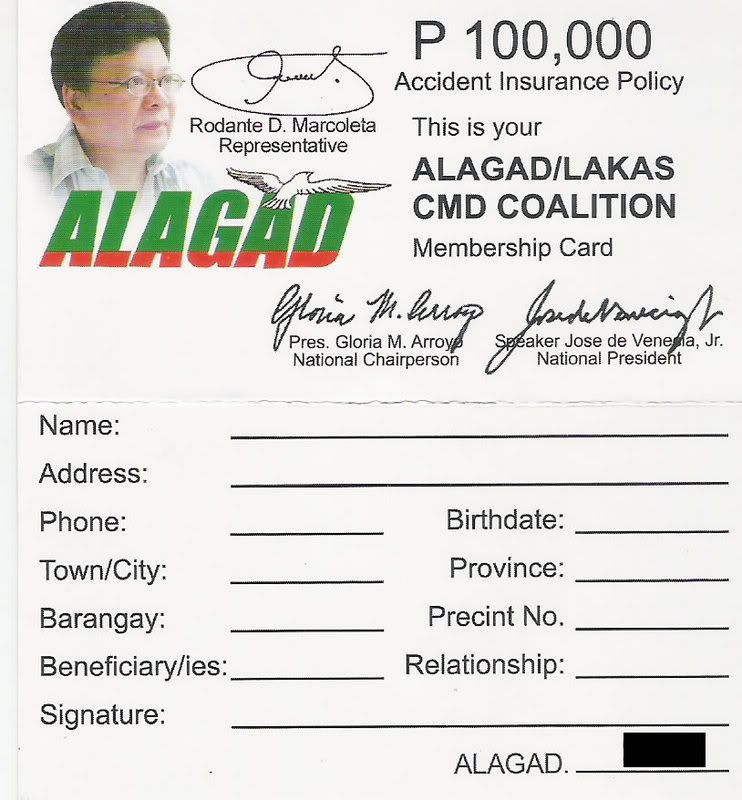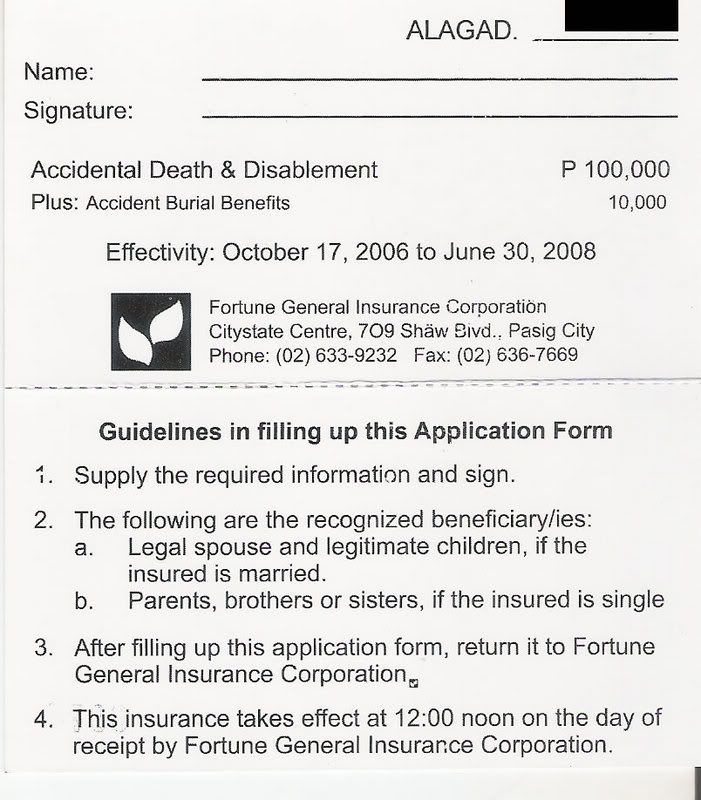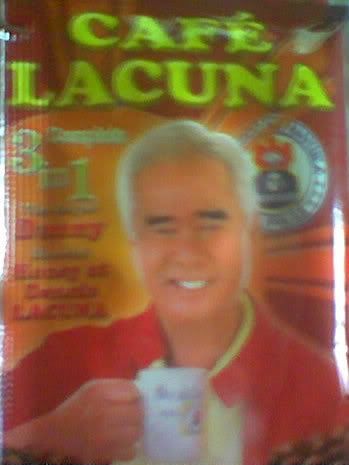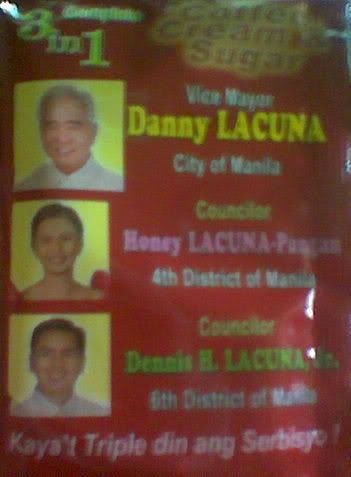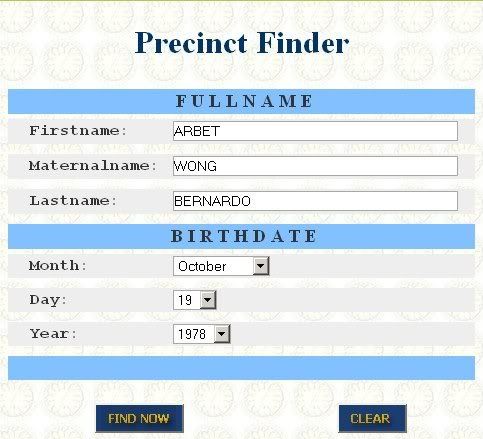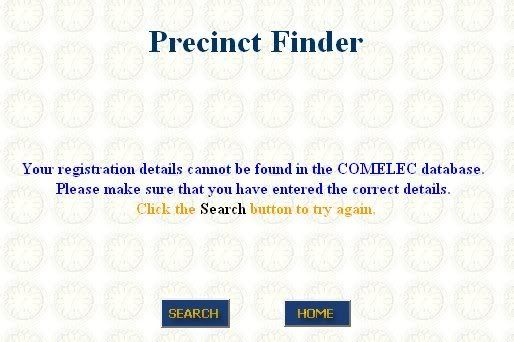In the book A World Waiting to be Born, M. Scott Peck recounted an incident in his childhood. Still young to be a Boy Scout, he got hold of a Boy Scout catalog, and he saw a hatchet, and fortunately for him, it was available even for non-scouts. So his parents bought him one on his birthday, and upon getting it, he raced to the woods nearby and chopped down a small tree. Of course, the chopping tired him, and only then he noticed a gash in one of his legs.
So he ran towards home, blood streaming from the leg, and a doctor was called. The gash merited stitches.
His description of the healing process is instructive. Majority of us thinks inflammation is bad. It is actually the body trying to hasten the cleanup process. A wound or a stitch may swell because fresh blood is being “streamed” into the damaged area to hasten the regeneration of cells. Also, this ensures that the white blood cells can do their work faster.
When there is inflammation, it is tender to touch but painful when pressed. Pain exists so that the inflammation will be left alone, the injured part will not be moved that much.
And here is the crux of this story.
We always associate pain with the negative. The truth is, pain is necessary because it alerts us that something is wrong with our body. Pain tells us that we have a disease. And knowing that there is something wrong, we act on it – we visit a doctor, we take medication, we take a rest.
The absence of pain is not necessarily a sign of good health. Lepers don’t feel physical pain, yet they are diseased.
That’s talking about physical pain.
Defense mechanisms exist as our ego’s way of preventing anxiety, or emotional/mental/psychological pain. They are healthy, but to some extent, they are not.
One example of such defense mechanism is denial. The Wikipedia entry is instructive, so I quote:
Denial is a defense mechanism in which a person is faced with a fact that is too painful to accept and rejects it instead, insisting that it is not true despite what may be overwhelming evidence. The subject may deny the reality of the unpleasant fact altogether (simple denial), admit the fact but deny its seriousness (minimisation) or admit both the fact and seriousness but deny responsibility (transference).
I suggest you read the Wikipedia entry on denial.
We are in denial. We know something is wrong but we deny that it is serious. So much, in fact, that we have desensitized ourselves – we lost the capability to know what is wrong. We have been immuned to pain.
Thus, we do not know that we are diseased. Thus, we cannot act on the disease until it’s probably too late.
A lot of things are happening around us. Several days from now, we will be electing our leaders. I know some of us found it hard selecting who to vote; it is a painful experience. Some of us went through the pain, and will be better for it (hopefully). Some of us avoided the pain altogether and have decided not to vote.
Some of us are troubled by the spate of killings and sudden disappearances. Some of us made noise, made protests. Some of us chose not to think about it, because, after all, we have nothing to gain from it.
Some of us saw that something went wrong last 2004. Some protested. Some chose to “move on”.
We are diseased. Because we chose not to vote, we will have more of the same. Because we chose not to think about it, many more will die or disappear. Because we chose to “move on”, we will never move on beyond 2004.
We are diseased. And because we killed our capacity to feel pain, we cannot act on it. Or even if we do, it might probably too late.
